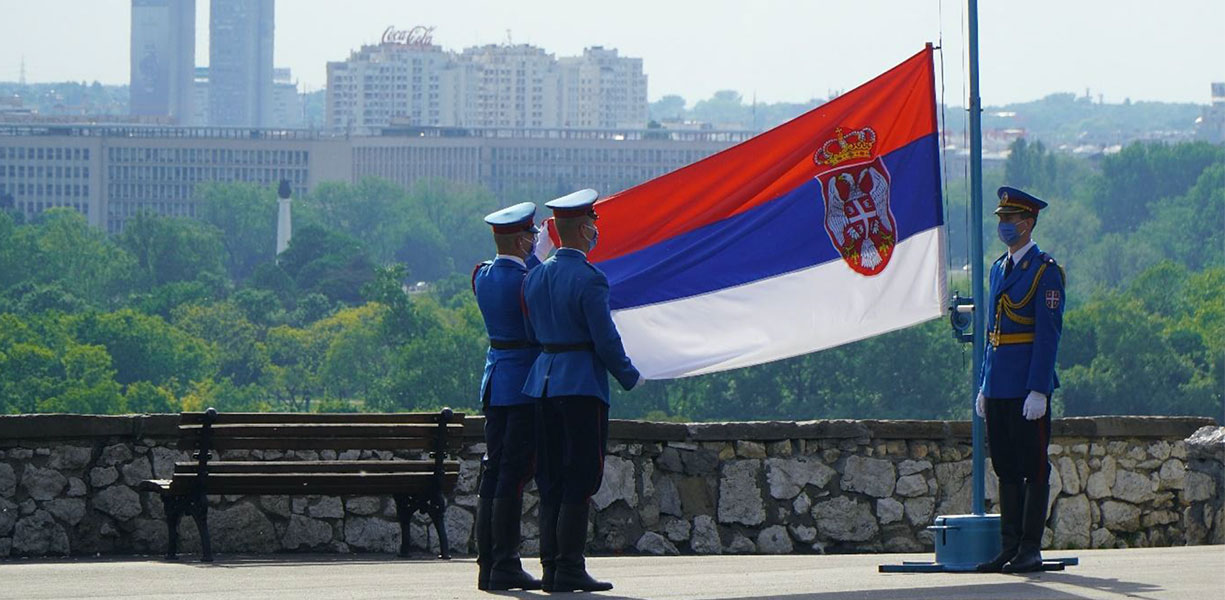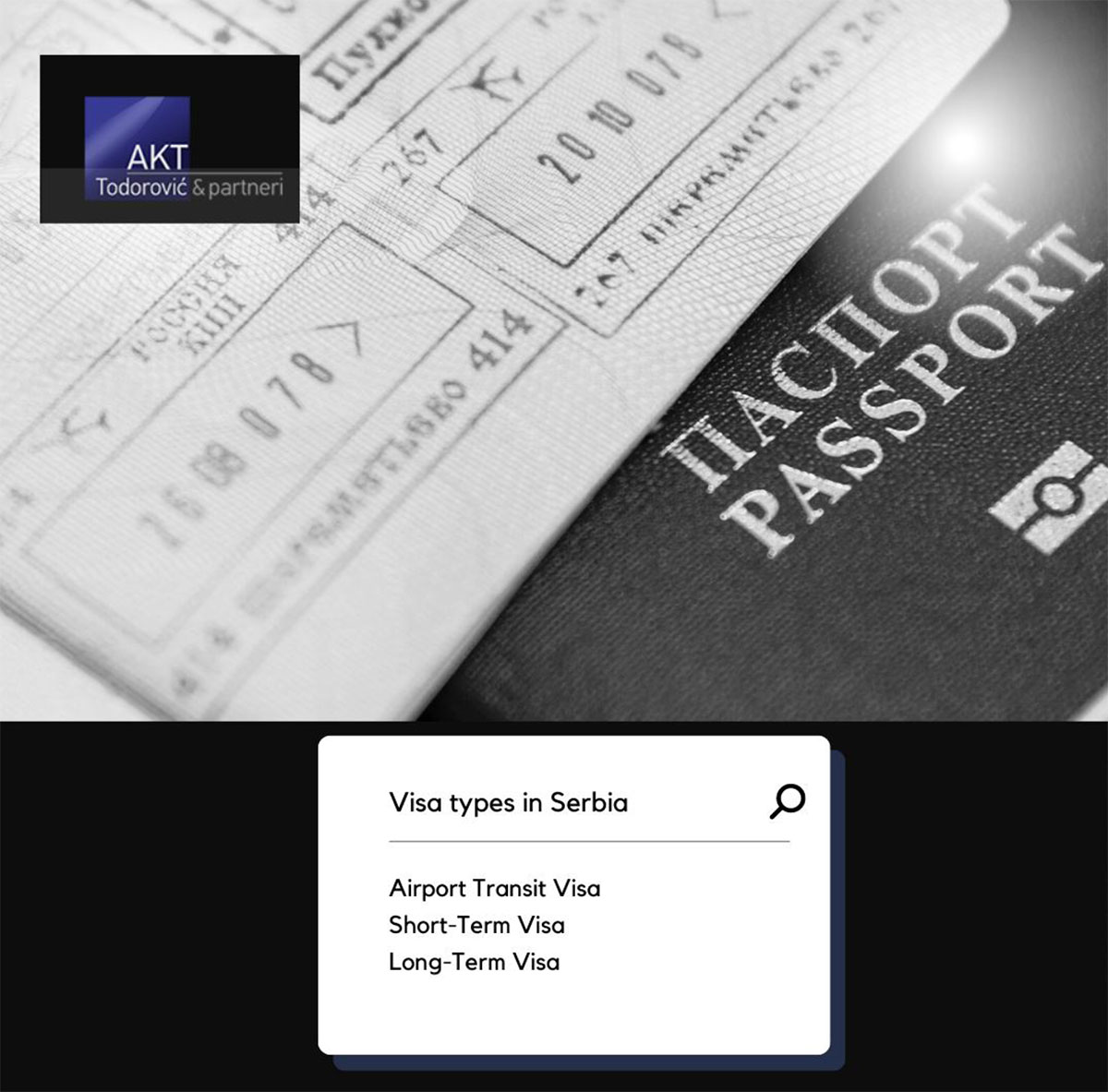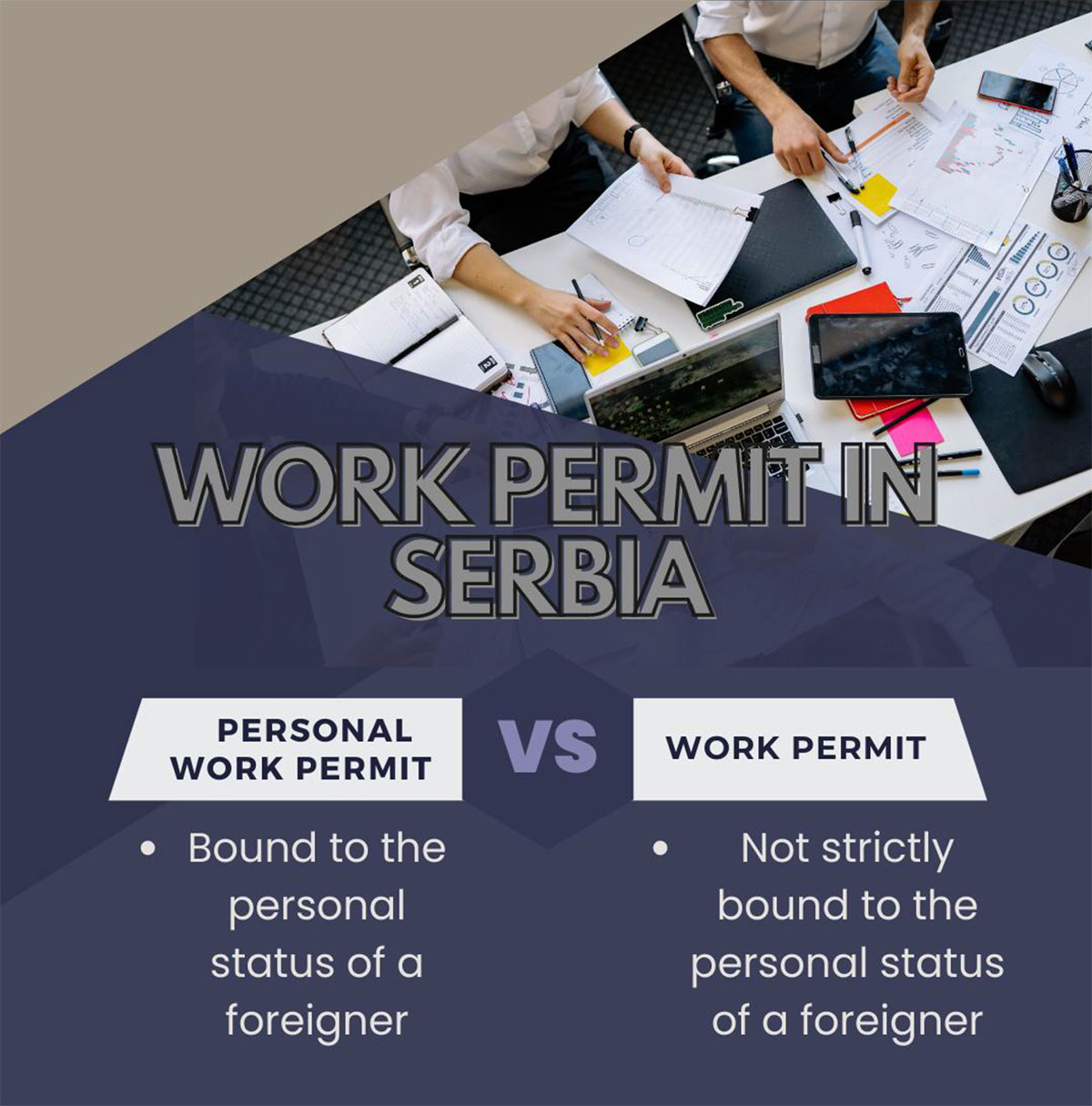Serbian Immigration Law: Ultimate Guide for Foreigner
Are you a foreigner looking for a country with a rich history and culture, natural beauty, and a variety of experiences?
If the answer is yes, then look no further than Serbia.
Serbia is a country known for its hearty cuisine, vibrant nightlife, and warm hospitality.
A country that offers not only a unique travel experience for tourists, but also for those interested in studying, working, or living in Serbia for an extended period of time.
Whether you’re interested in coming to Serbia for some fun times,its well-developed education system and job opportunities, or for the relatively low cost of living paired with a high quality of life, you’ll need to know the basics of Serbian immigration law.
Why?
Because understanding the legal requirements for entry, stay, and work in Serbia is essential for anyone planning to spend an extended period of time in this country.
In this article, we’ll provide you with a comprehensive guide to Serbian immigration law for foreigners, covering topics such as visas, work permits, residency, and more.
Hopefully, with this guide, you can better navigate the immigration process and make your stay in Serbia a successful and enjoyable one.
1. Types of visas in Serbia
If you are planning to immigrate to Serbia, the first thing you’ll need to do is check here whether you need to obtain a visa.
According to the Serbian Law on Foreigners, there are three types of visas you might be eligible for:
1. Airport Transit Visa
2. Short-Term Visa
3. Long-Term Visa
Airport Transit Visaallows for one or multiple passes through the international transit area of the airport, without entering the territory of the Republic of Serbia. It is issued for a period of up to six months.
Short-Term Visa is intended for travel-related stays of up to 90 days, and to obtain one you must meet certain eligibility criteria. This includes:
• A valid passport
• An invitation letter for a private or business visit, or an agency-issued proof of payment for the trip as proof of having a valid reason for the trip
• Completed Visa application form + Visa fee payment evidence
• Photo
• Return ticket
• Proof of financial support or sufficient funds for your stay in Serbia
• Health insurance
Long-term visas are for stays longer than 90 days, up to a maximum of 180 days. They are intended for individuals who plan to work, study, or reside in Serbia for an extended period of time.
The requirements and the application process for visas will vary depending on the purpose of your stay.
If you’re unsure which documents you need to submit to the Serbian embassy or consulate in your home country, it is best that you consult a Serbian immigration lawyer for assistance. Failing to submit the necessary documentation may result in your visa application being denied.
2. Work permits in Serbia
If you plan to work in Serbia, you will first need to obtain a work permit or a work visa.
It is worth noting that applying for a work permit can be done simultaneously with the submission of a temporary residence permit, as there is a joint procedure prescribed for deciding on both.
According to Serbian immigration laws, a foreigner can obtain one of two types of work permits:
3. personal work permit, or
4. work permit.
A personal work permit is intended for foreigners with permanent residence in Serbia or for refugees who plan to either work for a Serbian employer (under the Employment Agreement or another flexible form of engagement) or to be self-employed.
If you plan to work for a Serbian employer, you will need to identify a specific one that you’d like to work for and receive a contract proposal from them before coming to Serbia.
The only exception to this is when a personal work permit is issued for the purpose of family reunification, in which case the foreigners residing in Serbia can obtain a personal work permit and then search for a job.
A work permit, unlike a personal work permit, is not tied to your personal status as a foreigner.
Instead, it is issued to foreigners who accepted a specific position in a Serbian company, for which they applied from their country of origin.
You should also know that personal work permits are intended for uncommon and exceptional cases, while work permits are intended for common situations.
This means that the work permit is issued for the purposes of:
• Employment, at the request of an employer
• Special cases of employment (secondment, internal relocations within a company, independent professionals, training, internships, improvement.)
• Self-employment, whether by founding a company in Serbia or registering as an entrepreneur
3. Residence permits in Serbia
To reside in Serbia for an extended period, you’ll need to obtain a residence permit.
Serbia offers three types of residence permits:
1. Tourist visit permits
2. Temporary residence permits, and
3. Permanent residence permits.
Tourist visit permits are intended for tourists visiting Serbia for up to 90 days.
Generally speaking, these permits are non-extendable, but the period for which they are issued may differ from country to country, depending on the bilateral or multilateral agreements that Serbia may have signed with them.
A tourist staying in Serbia based on this permit must report their stay to the local Police and obtain a document called a “white card”. This is done within 24 hours of your arrival, whether you’re staying at a hotel, with a friend, or with a family member.
Temporary residence permits are generally intended for individuals who plan to stay in Serbia for up to a year.
This type of permit is issued for work, family reunification, studying, medical, investment, or other justified purposes under the relevant immigration laws.
Usually, it takes between 15-30 days for the Ministry of Internal Affairs to process submissions for temporary residence permits and make a decision on them.
If you’re unsure whether a temporary residence permit is the right one for you and your reason of stay in Serbia, or if you’d like to extend this permit for the upcoming term, it’s best that you consult with an immigration lawyer in Serbia.
Finally, permanent residence permitsare intended for individuals who plan to reside in Serbia for an extended period.
To obtain a permanent residence permit, you must meet one of the following eligibility criteria:
• You’ve stayed continuously in Serbia for a period longer than 5 years, up to the date of applying for permanent residence, and you’ve been granted a temporary residence permit in those 5 years, or you’ve stayed continuously in Serbia for 3 years while being married to a citizen of Serbia, or a foreigner with a permanent residence;
• You’re a minor with a temporary residence in the Republic of Serbia, and one of your parents is a citizen of Serbia or a foreigner with a permanent residence status;
• You have Serbian roots;
• You have a temporary residence permit, but it is in the interests of Serbia or it is humanelyreasonable that you are granted permanent residence.
A decision on your application for a permanent residence permit is made by the Serbian Ministry of Interior, within their discretionary power.
4. Obtaining Serbian Citizenship
If you plan to reside in Serbia permanently, you may want to consider obtaining Serbian citizenship.
You can obtain Serbian citizenship:
• Based on origin, if one or both of your parents is a national of Serbia at the moment of your birth
• Based on admission, under certain conditions which depend on whether you’re a foreigner with permanent residence in Serbia,if you’ve been married to a Serbian national, or are an emigrant or descendant of an emigrant from Serbia.
Obtaining Serbian citizenship will entitle you to benefits such as the ability to vote, work without a work permit, and have access to social benefits.
Conclusion
Navigating Serbian immigration law can be a complicated process, but it is achievable with the right information and guidance.
Seeking professional advice and ensuring that you meet the eligibility criteria is essential when applying for visas, work permits, residence permits, or citizenship.
For more information on Serbian immigration law, consult with an immigration lawyer in Serbia or visit the Serbian embassy or consulate in your home country.



